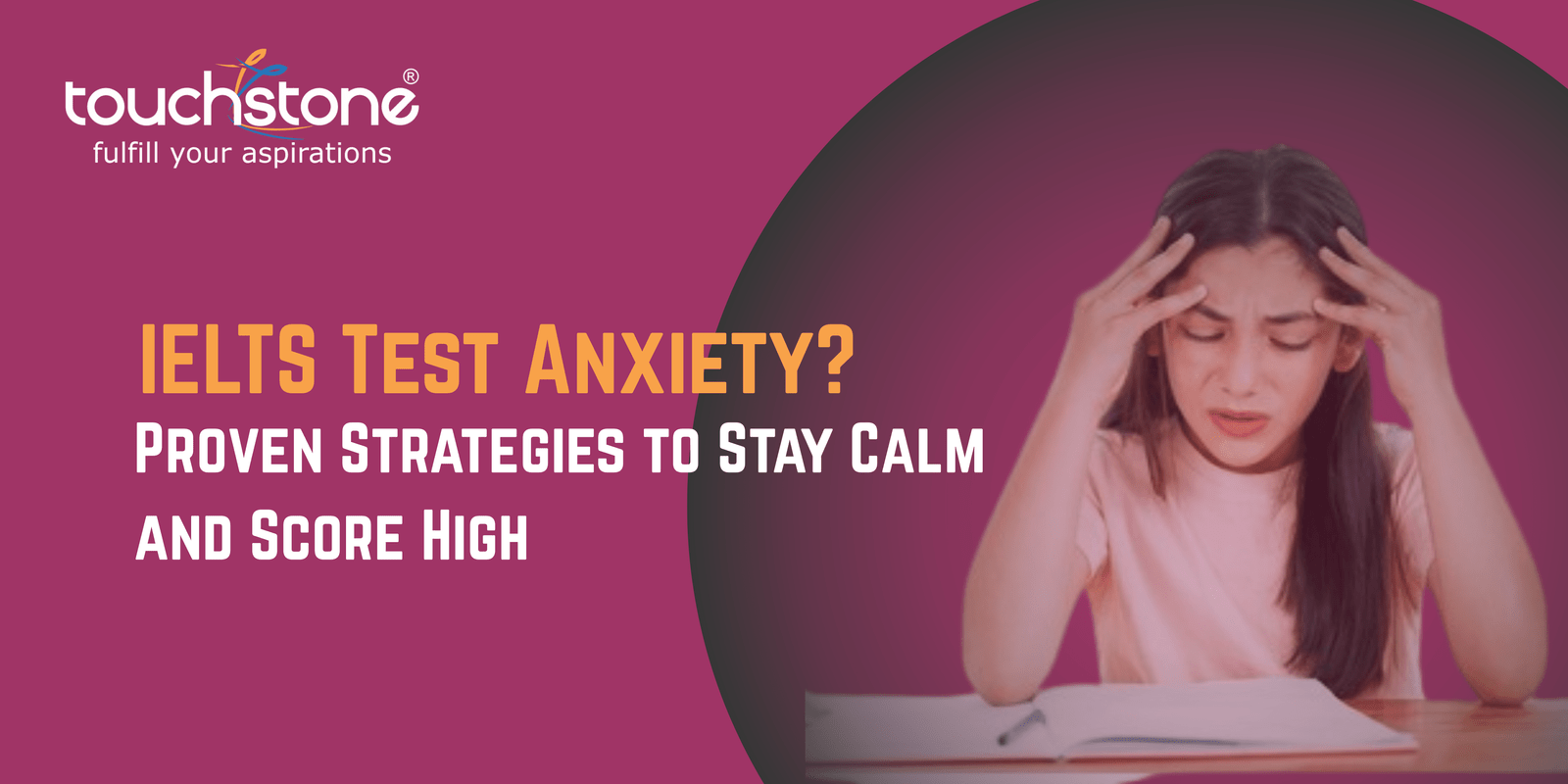Embarking on the journey to conquer the IELTS exam is a significant step for many English language learners and study abroad aspirants. As your exam day approaches, it’s natural to feel a mix of excitement and anxiety. Understanding what to expect and how to prepare can make all the difference. This blog post aims to provide you with comprehensive IELTS preparation tips, so you can walk into your test center with confidence.
What is the IELTS Exam?
The International English Language Testing System (IELTS) is a standardized test designed to assess English proficiency for non-native speakers. It is commonly required for university admissions, job applications, and immigration processes in English-speaking countries. The exam consists of four sections: Listening, Reading, Writing, and Speaking.
Understanding the Exam Structure
Listening
The Listening section lasts about 30 minutes, during which you will hear four recordings and answer a series of questions. The recordings include a variety of accents and are played only once, so active listening is crucial.
Reading
The Reading section is 60 minutes long and consists of 40 questions based on three passages. The passages are taken from books, journals, and newspapers, covering a wide range of topics.
Writing
The Writing section comprises two tasks and lasts 60 minutes. Task 1 requires you to describe visual information, such as a graph or chart, while Task 2 involves writing an essay on a given topic.
Speaking
The Speaking section is a face-to-face interview with an examiner and lasts between 11 and 14 minutes. It is divided into three parts: an introduction and interview, a long turn where you speak about a specific topic, and a two-way discussion.
IELTS Exam Day: What to Expect
Arriving at the Test Center
Ensure you arrive at the test center at least 30 minutes before the exam starts. Bring valid identification, typically a passport, as it will be checked multiple times throughout the day. Familiarize yourself with the test center location and its facilities beforehand to avoid any last-minute surprises.
During the Test
- Listening: Pay close attention to the instructions and focus throughout the recordings. They will only be played once.
- Reading: Skim the passages first to get an idea of the content and structure. Then, read the questions carefully before diving into the text for detailed information.
- Writing: Allocate your time wisely, spending approximately 20 minutes on Task 1 and 40 minutes on Task 2. Plan your essays briefly before writing to ensure a clear structure.
- Speaking: Be natural and confident. The examiner is not looking for perfection but for your ability to communicate effectively in English.
After the Test
Once the exam is completed, you will need to wait for your results. Scores are usually available within 13 days for paper-based tests and within five to seven days for computer-delivered tests.
How to Prepare: IELTS Preparation Tips
Set a Study Schedule
Create a study plan that covers all sections of the exam. Allocate specific time slots for each section and stick to your schedule. Consistency is key to effective preparation.
Practice Regularly
Take practice tests under timed conditions to get a feel for the exam format and time constraints. Analyze your performance to identify areas for improvement.
Join an IELTS Preparation Course
Consider enrolling in a reputable IELTS preparation course, such as those offered by Touchstone Educationals. They provide expert guidance, practice materials, and mock exams to help you build confidence and improve your scores.
Focus on Weak Areas
Identify your weak points and prioritize them in your study plan. Whether it’s listening comprehension or essay writing, dedicating extra time to these areas can lead to significant improvements.
Utilize Online Resources
There are numerous online platforms offering free and paid resources for IELTS preparation. Websites, mobile apps, and online courses can supplement your study routine effectively.
Improve Your English Skills
Beyond exam-specific preparation, enhancing your overall English proficiency is crucial. Read English newspapers, watch movies, engage in conversations, and write regularly to build your language skills.
Final Thoughts
Preparing for the IELTS exam requires dedication, strategic planning, and consistent effort. By understanding what to expect on exam day and following these IELTS preparation tips, you can set yourself up for success. Remember, the journey to achieving your desired score is as important as the result itself.
For those in Chandigarh looking for structured guidance, Touchstone Educationals is the Best Institute for Ielts in Chandigarh, known for its comprehensive prep courses. Whether you’re aiming to study abroad or enhance your career prospects, excelling in the IELTS exam can open doors to new opportunities.








